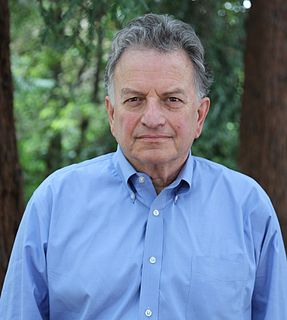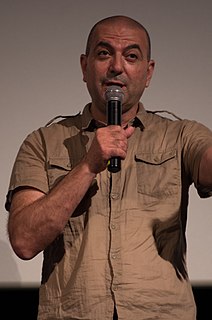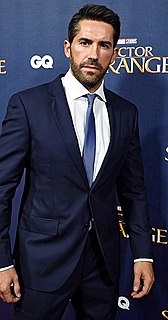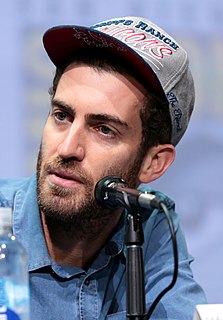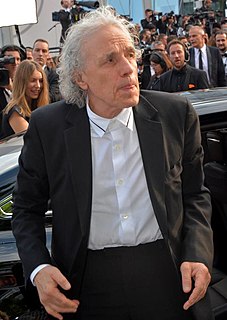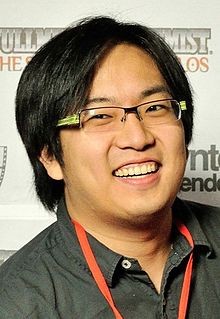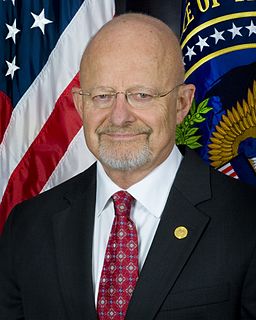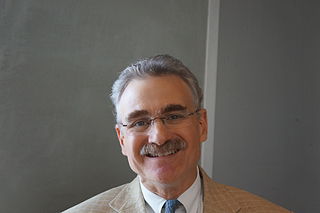A Quote by Lowell Bergman
You know, when people talk about filmmaking and the techniques of filmmaking, we use them all the time in network television news in order to make our stories simpler, tighter and more understandable to the general public.
Related Quotes
I personally think a fight scene is the most cinematic thing you can witness because all the elements of filmmaking come together, you know, with the camera speed changes, editing, make up effects and general smoke and mirrors of trying to make it look like you are hitting someone when you're not. It's filmmaking in it's purest form, I think.
I think you can maintain two tracks. I think you have to. That's what this kind of filmmaking is about. If you're not aware of the limitations of what you're up against... it's like a general: you have to know your artillery and you have to know your infantry. You have to know what you have. You have to marshal your forces and use them well. It comes down to the personal and the intimate, but at the same time you have to have the big picture.
It's always a problem when you're working with people you don't really know. Most filmmaking is about shaking hands and just starting. You know, these month - or two-month-long endeavors that millions of dollars are based on, and the people doing them don't even know each other, or know each other under pressure, or know each other when things are really... Which filmmaking is completely done under in many circumstances. You're under constant crisis, making a movie.
We had a general awareness, for example, of Russian use of social media - Facebook ads, use of Twitter, fake news implants - we had a general understanding of that. But now, as time has elapsed and time has gone on, I've certainly learned a lot more about the depth and breadth of what the Russians were about.
Every singer has three or four or five techniques, and you can force them together in different combinations. Some of the techniques you discard along the way, and pick up others. But you do need them. It's just like anything. You have to know certain things about what you're doing that other people don't know. Singing has to do with techniques and how many you use at the same time. One alone doesn't work. There's no point to going over three. But you might interchange them whenever you feel like it. It's a bit like alchemy.
Filmmaking materials are in the hands of more people now than ever before. I would like to think that the more people have these tools, the more people will learn how to use them, it's another argument I would argue for, personally, for art's education. Because there are kids who aren't that literate in screen language and they've got to know how people select shots, how people edit audio, how people combine things to make what they see on the screen. It would be like the 15th century or the 16th century in Germany, and somebody amends a printing press and you don't know how to read and write.
